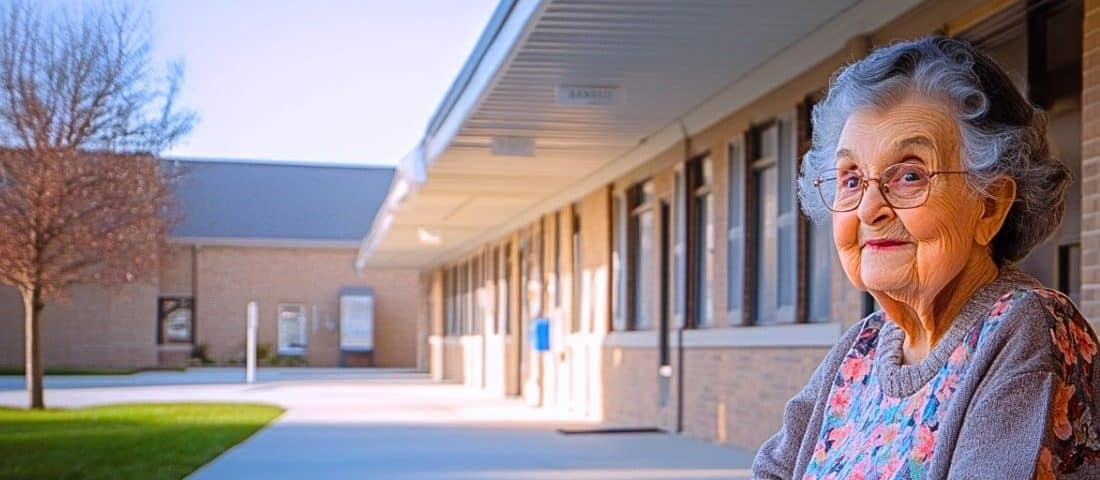
Planning for Georgia long-term care is crucial for anyone living in the state. Whether you’re considering your future or caring for a loved one, understanding the available options can help you make informed decisions. In this post, we’ll explore Georgia’s long-term care options, discuss how to determine your care needs, and outline important legal considerations.
Understanding Long-Term Care Options in Georgia
Long-term care in Georgia comes in different forms, depending on the level of support needed:
Home and Community-Based Services (HCBS)
- Community Care Services Program (CCSP): Provides help with daily activities and personal care.
- Service Options Using Resources in a Community Environment (SOURCE): Coordinates care for people with chronic health issues.
Assisted Living Facilities
These communities offer more help, providing housing, meals, and assistance with daily tasks. They’re a good choice for people who need support but don’t require constant medical attention.
Nursing Homes
Nursing homes provide 24-hour care for those with more serious health conditions or disabilities.
Continuing Care Retirement Communities (CCRCs)
If you’re looking for a place that can meet changing needs over time, consider CCRCs. These communities offer different levels of care, from independent living to nursing care, all in one place.
Determining Your Long-Term Care Needs in Georgia
Figuring out which option is best starts with assessing your needs. Think about your health now and in the future. Do you have a condition that might get worse over time? Also, consider where you want to live. Would you prefer to stay at home as long as possible, or are you interested in the social aspects of a retirement community? Your level of independence matters, too. Some people want to stay independent, while others might need more help.
Financial Considerations of Long-Term Care in Georgia
Money is another important factor. Long-term care can be expensive, so it’s crucial to understand the costs and what you can afford. Looking at your financial resources and knowing what types of care cost will help you make better decisions. Consider how you’ll pay for care—savings, insurance, or programs like Medicaid or Veterans Affairs benefits.
Legal Considerations
Remember the legal side of things. Establishing a Power of Attorney (POA) means someone you trust can decide for you if you can’t. A Living Will or Advance Healthcare Directive lets you specify your wishes for medical care, so your preferences are known even if you can’t communicate them yourself.
It’s also good to be aware of Georgia’s laws related to contracts, elder care, and healthcare, as these can affect your rights and obligations.
Choosing a Long-Term Care Community
Once you have a clear idea of your needs, it’s time to look at specific long-term care communities. Check out the level of care they offer and see if it matches what you’re looking for.
Georgia has 357 long-term care facilities, including nursing and skilled nursing homes, serving over 40,000 residents. The Health Facilities Regulation (HFR) Long-Term Care Division oversees these communities to ensure compliance with federal and state regulations.
Still, it’s a good idea to research the communities in Georgia, read reviews, and visit them in person to get a feel for the environment and the quality of care.
Are you prepared for the future?
Planning ahead ensures you or your loved ones get the care you need when the time comes. Taking steps now can make a big difference in the future.
Innovative, Experienced, and Trusted Senior Living Community
Looking for exceptional service and care for your loved one? We welcome you to our senior living communities, where the health and well-being of our residents are our top priority. Please visit our contact page, and we’ll answer your questions.
Thanks for visiting!



